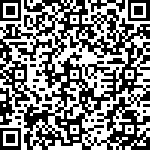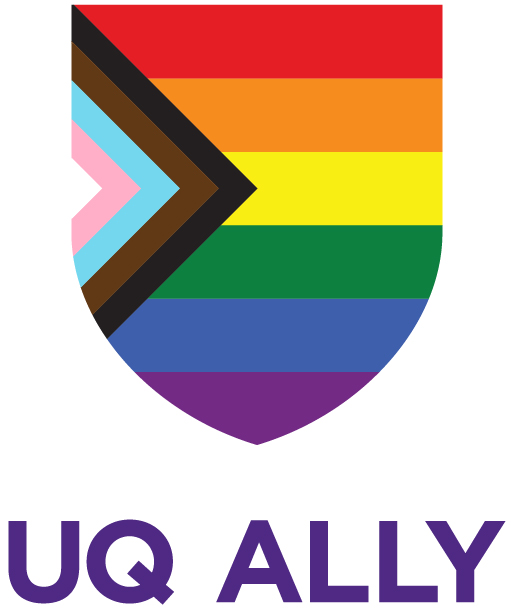Your personal safety on placement
Your safety on placement, including when you are travelling to and from your placement, is one of UQ’s highest priorities. However, you also have a responsibility to prioritise your own personal safety.
Below are some tips for staying safe on placement – we recommend you review these regularly. Remember, safety includes both physical as well as psychosocial safety.
General placement safety information
Complete the HaBS Placement Safety Modules and review them again prior to each placement block. You can access the content of these modules at any time, even if you have completed them previously.
Contact us
Student enquiries
Placement Ready team
hmbs.placementready@uq.edu.au
Phone
07 3346 0903 Monday - Friday 8:30am - 4:30pm
Visit us
Room 539A, Level 5,
Human Movement Studies Building (26B)
Individual student consultations are available on:
Mondays - Thursdays 11am - 2pm.
Online Chat
The HMBS Placement Ready team are available for online chat Monday to Thursday afternoon from 1pm to 3pm.
You can find the chat function on the Prepare for your placement homepage.
NEW Live Video Chat
Monday - Friday 8:30am - 4:30pm. Click HERE to access live video chat site with our team or scan the QR Code below to connect directly with our team:


